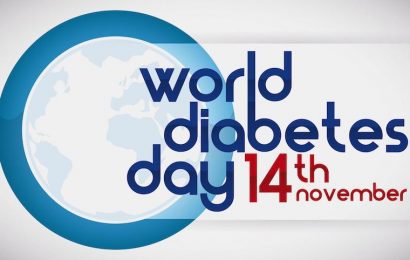It all began three years ago, when a study published in The New England Journal of Medicine found that rosiglitazone (brand name Avandia), the popular drug for Type 2 diabetes, increased the risk of heart attack among those analyzed by 43%. The US Food and Drug Administration (FDA) responded by adding a new warning to the label of the drug — as well as to that of competitor drug pioglitazone (Actos) — and calling for further investigation, but it recommended that Avandia stay on the market. Later that year, more studies suggested that Actos did not carry the same heart attack risk as Avandia. Another study showing that Avandia increased the risk of overall death — a finding not supported by the other studies — caused Avandia’s reputation, and sales, to fall even further.
Now, Avandia is in the news again thanks to a New York Times article detailing internal, confidential FDA reports in which some reviewers recommended that Avandia be removed from the market. The reports were prepared for an advisory committee on Avandia, which has not yet issued its recommendations for how the agency should proceed based on the latest research. Meanwhile, a report just issued by the Senate Finance Committee finds that Avandia’s manufacturer, GlaxoSmithKline, “attempted to intimidate independent physicians” who sought to publicize Avandia’s risks and “focused on strategies to minimize or misrepresent findings that Avandia may increase cardiovascular risk.” The Senate committee’s top Democrat and Republican, Max Baucus of Montana and Charles Grassley of Iowa, respectively, sent a letter to the FDA suggesting that participants in an ongoing trial involving Avandia might be exposed to an unreasonable risk. Grassley also asserted that safety officials at the FDA did not have enough power, since those originally responsible for approving a drug are likely to defend that decision rather than come to new conclusions regarding safety.
Meanwhile, GlaxoSmithKline issued a statement and then a longer “White Paper” dismissing the findings of the Senate Finance Committee, saying that the report cherry-picked evidence and made conclusions best left to an agency with expertise like the FDA. Some outside groups now appear conflicted on Avandia; as reported on MedPage Today, the American Heart Association and the American College of Cardiology issued a joint advisory supporting the ongoing prescribing of Avandia as deemed appropriate by doctors — but the American Heart Association also separately published a dissenting piece by a cardiologist, recommending that prescribing Avandia be discouraged.
What do you think — was it right of The New York Times to reveal the contents of an unofficial, internal FDA report? Should the FDA be restructured to give safety investigators more power over drugs already on the market? How high — and how clear — should the risk of a serious side effect, like heart attack, be to remove a drug from the market? Was it appropriate for the Senate Finance Committee to investigate GlaxoSmithKline’s handling of Avandia? Is it appropriate for drug companies to try to convince prominent doctors and researchers not to criticize a drug?
Do you take Avandia — or would you if your doctor recommended it? If you take it, are you satisfied with it? Leave a comment below!




